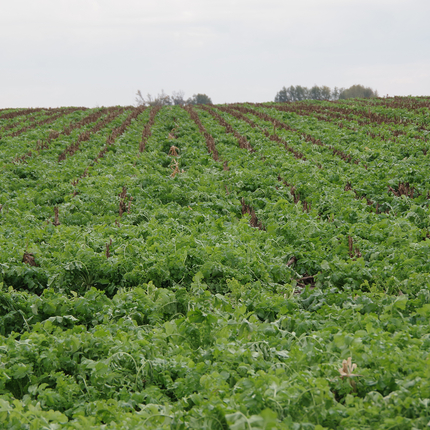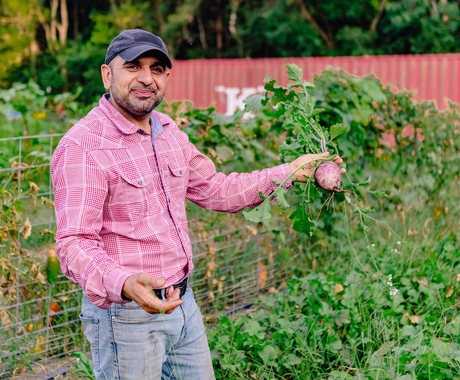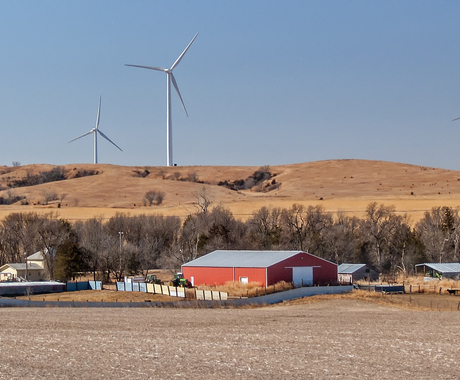Nebraska’s agricultural economy relies on soil and water, so when the quality of those natural resources are in jeopardy, so too is the health of our state at large.
Since the beginning of modern agriculture, Nebraska has lost nearly one-third of its topsoil. Wind and water erosion have shifted valuable organic matter from fields where it provides vital plant nutrients, to watersheds where runoff negatively impacts the safety of our water.
Just as unhealthy soil can cause a chain reaction that has negative implications for our state, such as low crop yields, increased chemical inputs, and poor water quality, so too can healthy soil positively influence these areas of concern.
A bill expected to be debated soon by the Nebraska Legislature would give farmers and ranchers a seat at the table in determining the best course of action for adopting soil health practices and, at the same time, the opportunity to learn from the best available science and each other.
Legislative Bill (LB) 925, introduced by Sen. Tim Gragert, creates a statewide framework for addressing soil health and water quality that focuses not only on the technicalities of soil management, but the benefits that come from peer-to-peer discussions, hands-on learning, and demonstrations of conservation practices, such as cover crops, no-till, and crop rotations.
Farmers across the country are now subject to mandates that prescribe specific practices in an effort to address water quality concerns. Not here. Our farmers and ranchers still have the opportunity to voluntarily restore our soil in a way that has positive implications downstream and makes our land more resilient over time. To do so effectively, however, it’s vital they’re equipped with reliable resources.
There’s no better time than now to take action, and LB 925 is an important step in the right direction.





